Home

Diet & Nutrition

Top 10 pregnancy do's and don'ts that is crucial to have a healthy baby
In this Article
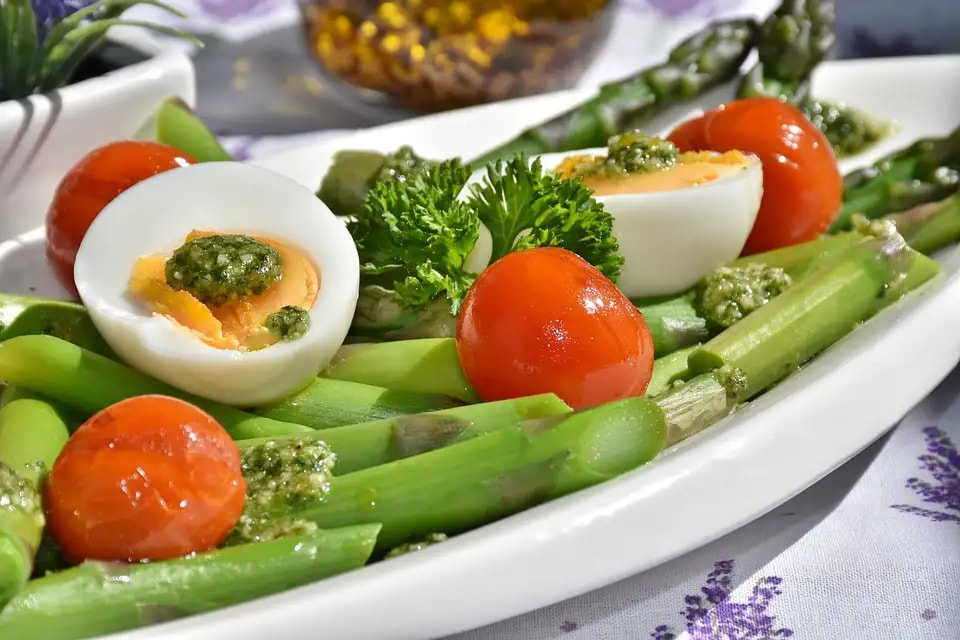
Diet & Nutrition
Top 10 pregnancy do's and don'ts that is crucial to have a healthy baby
Updated on 13 February 2023



Medically Reviewed by
Kusum Sabharwal
Obstetrician & Gynecologist - MBBS| DGO
View Profile

Yes, there are many questions, doubts, confusions about what to do and what not to do when it comes to optimum nutrition for you and your baby. The doubts are natural, after all this is to do with your baby and you just can’t take things lightly. It is good to ask questions and find out solutions but only to the level where it is not causing stress and anxiety. Best is to make informed choices and through this write-up, you will be able to do exactly this. Nutrition forms the basis of every healthy pregnancy and so it is important to know what to do and what not to do when it comes to nutrition.
Do the Do’s:
1. Do take small frequent meals: During pregnancy, gastric emptying slows down making your system sluggish and full all the time. To the contrary, energy intake must be increased keeping in mind the increasing energy demands of the body due to the baby growing inside of it. Big meals may not give your body enough time to digest food and may even lead to vomiting or acidity. To avoid all this, have small but frequent meals at a gap of no more than 3 hours. You may take 5-6 meals though out the day.
2. Do consume foods rich in folic acid, calcium, iron, Vitamin D and fiber: Folic acid supplements are given by the doctor from the initial stage of pregnancy. Along with these, it is also important to take folic acid rich foods. Folic acid helps in preventing spinal cord and brain defects in the baby. That’s how crucial this vitamin is. Rich sources are citrus fruits, most green vegetables, beans, bread, break fast cereals etc.
Calcium and Vitamin D are important for the development of baby’s bones and teeth. Make sure you have the right amounts of both these nutrients. Other than supplements given by doctor, you can take calcium from milk and milk products, banana, ragi, bony fresh water fish, lean meat and Vitamin D from Sun light, egg yolk, fatty fish, drum sticks etc.
Iron, yet another magic nutrient, is required to meet up the increased demands of blood by mother and the baby. Listen to your doctor, take the supplements in the right manner and include iron through dietary sources too. Do not consume iron and calcium tablets together since by doing so, none of the two will get absorbed. They will bind with each other and come out of the body with feces. Rich sources of iron are amaranth leaves, meat, ragi, methi leaves, beetroot etc.
Fiber needs no explanation. We know its benefits are many. Starting from preventing constipation to managing weight to giving satiety to reducing cholesterol, it is a must during pregnancy. Eat lots of seasonal vegetables and fruits, whole wheat products, beans, pulses and legumes for your share of fiber.
3. Do drink plenty of fluids: At least 2 to 2.5-liter fluids are required by your body. Fluids may protect you from constipation and hemorrhoid discomfort, prevent dehydration due to vomiting or exercising, and help prevent urinary tract infections. Do not consume unhealthy drinks like soft drinks, artificial fruit juices, energy drinks or alcohol to make up for the fluid requirement of the day. Coconut water, soups, lime water, decaffeinated green tea, fresh home- made fruit and vegetable juices, butter milk, milk are some excellent options other than water.
4. Do take Docosahexaenoic acid (DHA): Good for baby’s brain development, this must be a yes during pregnancy. From where can you get it? Fatty fish like Salmon, mackerel (not more than twice a week), flaxseeds, soya bean, eggs are some of the rich sources of DHA. Doctor might also consider giving you supplements to fulfill your daily requirements.
5. Do read food labels and make conscious food choices: During pregnancy, it is important to monitor any thing that you take in since you are not the only one consuming it. Read food labels and watch for very high sugar, salt, saturated fat or cholesterol per serving. Also, added chemicals, saccharin and preservatives must be watched for. Best is to consume home made food. If possible, buy organic food.
Don’t do the don’ts
1. Don’t stick to the same food daily: Variety is the key to balance. If you want to consume all the nutrients required for you and your baby, you just can’t depend on just those 2 vegetables, 1 fruit and few grains and pulses. Different foods have different nutrients in different amounts. So, to enjoy good health with a cheerful motherhood, prepare now! Eat at least 3-5 servings of seasonal fruits and vegetables, 8 servings of whole grain cereals and pulses, 2-3 servings of milk and milk products, 3 servings of pulses and lean meat and 4-5 servings of different oils and fats. Just remember, the more colors you add to your diet, the more colorful your life will become.
2. Don’t consume alcohol and tobacco: You might be occasional drinker or smoker, but that’s no excuse when you are pregnant. Best is to avoid since these are harmful to your baby since research shows occasional drinking can be harmful too. Alcohol crosses the placenta and imagine your little baby’s body trying to break this giant down! You never want that to happen, right? Alcohol may lead to weak heart damage, behavioral problems and mental retardation in babies.
Tobacco is just another demon for your baby. Tobacco crosses placenta premature labor, still birth, miscarriage, sudden infant death syndrome etc. You would never want any of these for your yourself or your baby.
3. Don’t overeat: Pregnancy does not give you the freedom of eating as much as you want at any point of time. This may have adverse effects on your health. You may gain unnecessary weight leading to difficult labor, gestational diabetes, acidity and other health problems. You need 350 kcal extra during pregnancy. And that should come by consuming variety of foods over 5-6 small meals throughout the day at a gap of 2-3 hours. Watch your portion sizes too. In a meal, fill half of your 9-inch diameter plate with cooked and raw fruits and vegetables, 1/4th of the plate with rice or roti or both and remaining plate with proteins like pulses or curd or both or lean meat. Eating for 2 is not required!
4. Don’t diet: Just like overeating, undereating is hazardous too. You can lose weight post pregnancy. Dieting right now will only lead to nutritional deficiencies and worst outcomes for you and your baby. Anemia, osteoporosis, congenital disorders in baby are few of many problems. Make sure you are eating a balanced healthy diet and gaining ½ kg weight every week from second trimester onwards. If you are not gaining weight or gaining very little weight or losing weight, see your doctor immediately.
5. Don’t consume raw or semicooked meat and egg, unpasteurized milk, and sea food: Raw or semicooked meat, eggs, unpasteurized milk and milk products may lead to bacterial infections due to contamination from listeria, salmonella etc. These may lead to miscarriage.
Sea food may contain high amounts of mercury which crosses the placenta and harms your baby. So avoid eating sea food. You may prefer small size fresh water fishes which accumulate less pollutants in their body. Some examples of fishes to avoid are shark, swordfish, king mackerel, tile fish, bigeye tuna, marlin and orange roughy.





Medically Reviewed by
Kusum Sabharwal
Obstetrician & Gynecologist - MBBS| DGO
View Profile


Written by
Ravish Goyal
Official account of Mylo Editor
Read MoreGet baby's diet chart, and growth tips

Related Articles
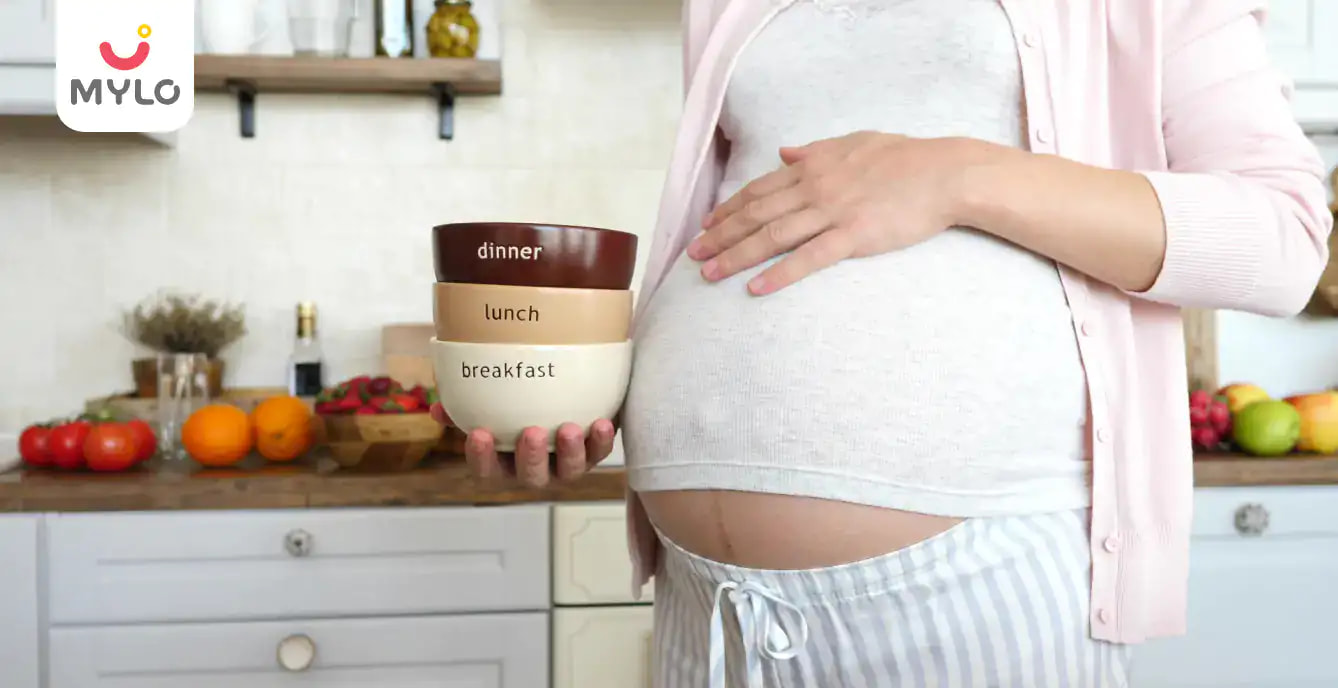
What Is the Best Diet Plan That You Must Consume During Pregnancy?

Confused what to eat during your pregnancy: Check out diet chart for 10 week pregnancy
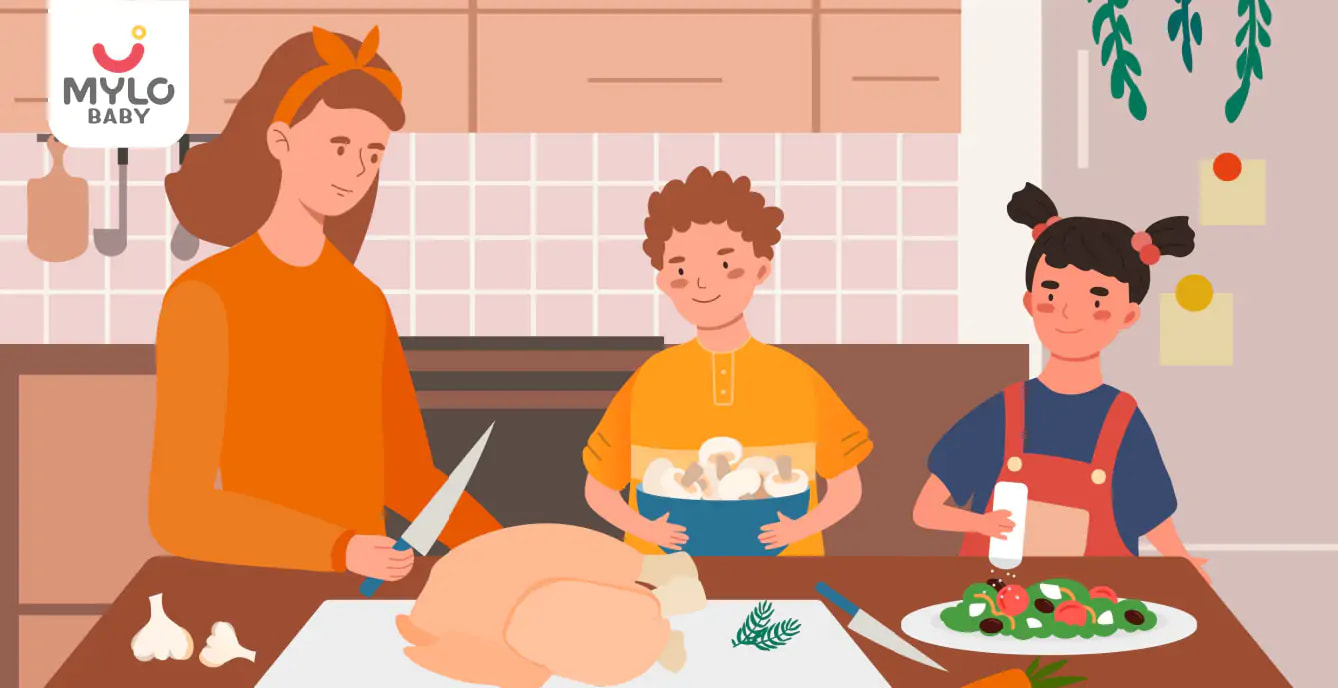
How To Prepare Food For Your Infant/Toddler Safely? Here Are Some Tips That You Must Not Forget While Preparing Food
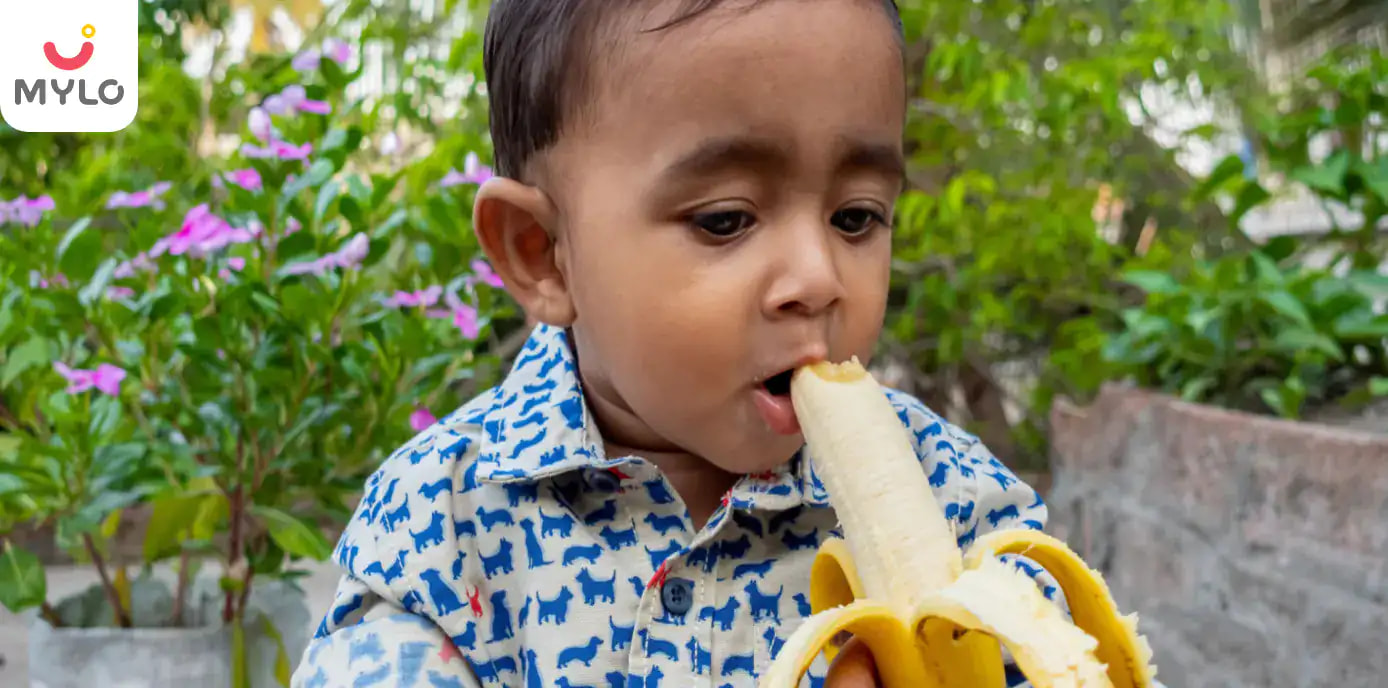
9 Month Old Baby Food Chart/Meal Plan – Week 1
Related Topics
RECENTLY PUBLISHED ARTICLES
our most recent articles
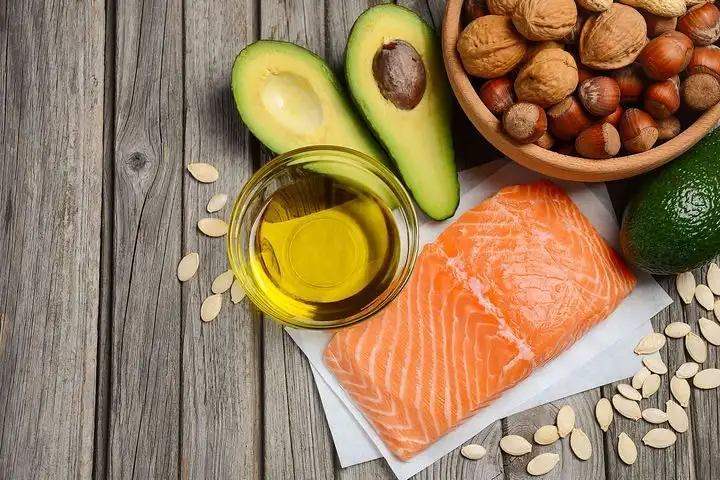
Vitamins & Supplements
7 Excellent Sources of Omega-3 Fatty Acids For Expecting Mothers

Labour & Delivery
Epidural: Advantages, Disadvantages & Risks

Dizziness
Dizziness During Pregnancy

Bedrest
Bed Rest During Pregnancy: Does It Really Help?

General Mother
Food Poisoning During Pregnancy: Causes, Symptoms & Treatment

Working Parent
A Working Mom's Guide to Maintaining Balance
- Vanishing Twin Syndrome: Causes, Symptoms & Treatment
- Oligohydramnios (Low Amniotic Fluid During Pregnancy): Causes, Symptoms & Treatment
- Jaggery in Pregnancy: Benefits & Nutritional Value
- Green Tea During Pregnancy: Benefits, Risks & Safety measures
- Where Can You Buy Female Condoms?
- Is there anything to worry about when your baby passes urine frequently? Here are some warning signs.
- The Do's and Don'ts of how to effectively handle toilet training for your child
- Top 10 Precautions you must take while Celebrating Christmas and New Year During Covid
- Episiotomy Care: Meaning, Reasons & Risks
- 7 Most Popular IVF Myths Busted
- Is It Safe to Have Sex During Pregnancy and After Delivery?
- How to Teach Your Toddler Not to Hit?
- An Expecting Mother's Guide to Vitamins & Supplements in Pregnancy
- Use of Air Conditioners & Coolers for Newborns


AWARDS AND RECOGNITION

Mylo wins Forbes D2C Disruptor award

Mylo wins The Economic Times Promising Brands 2022
AS SEEN IN

- Mylo Care: Effective and science-backed personal care and wellness solutions for a joyful you.
- Mylo Baby: Science-backed, gentle and effective personal care & hygiene range for your little one.
- Mylo Community: Trusted and empathetic community of 10mn+ parents and experts.
Product Categories
baby carrier | baby soap | baby wipes | stretch marks cream | baby cream | baby shampoo | baby massage oil | baby hair oil | stretch marks oil | baby body wash | baby powder | baby lotion | diaper rash cream | newborn diapers | teether | baby kajal | baby diapers | cloth diapers |




